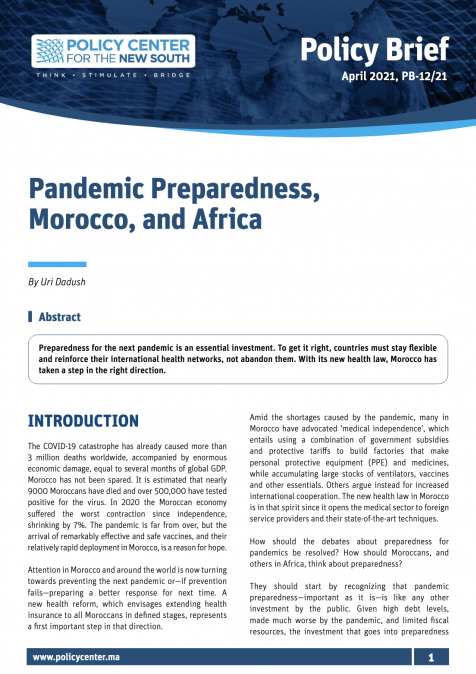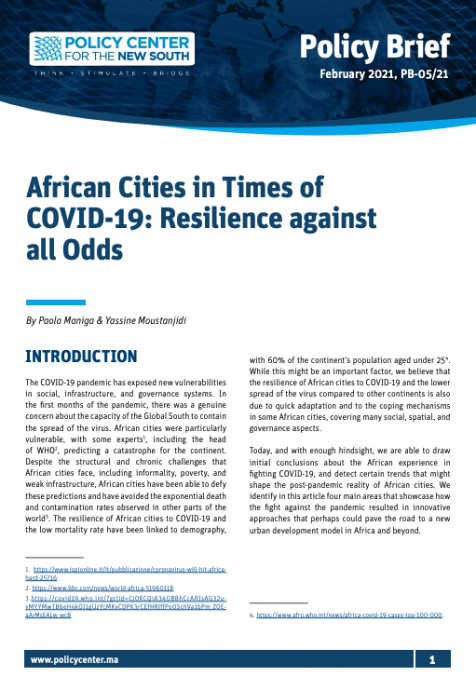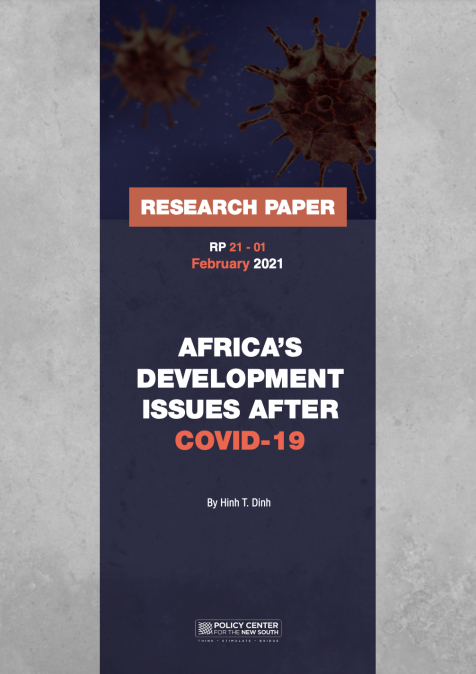COVID-19 and Economic and Social Difficulties: Towards a Resurgence of Economic Nationalism?
Globalization is being tested more than ever in the face of an unprecedented health crisis. Indeed, the appearance of the coronavirus has revealed the fragility of this globalization, which has been praised for a long time: abolition of physical borders, massive relocation of production units to low-cost countries, etc. This serious health crisis has given rise to a form of populism carried by certain politicians, under the pretext of the economic and social difficulties experienced by certain populations. Some measures have been demanded by companies and trade unionists, such as the 'nationalization' of the companies most affected by the crisis. From now on, the world should question the development model it has been pursuing for years, according to statements by French President Emmanuel Macron. • How could a health crisis bring a globalized economy to its knees in just three months? • Will we need to be less dependent on China in order to make the global economy less vulnerable to possible turbulence in that country? • Is a nationalist economy a viable solution to avoid another global economic crisis?







